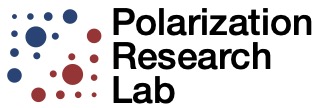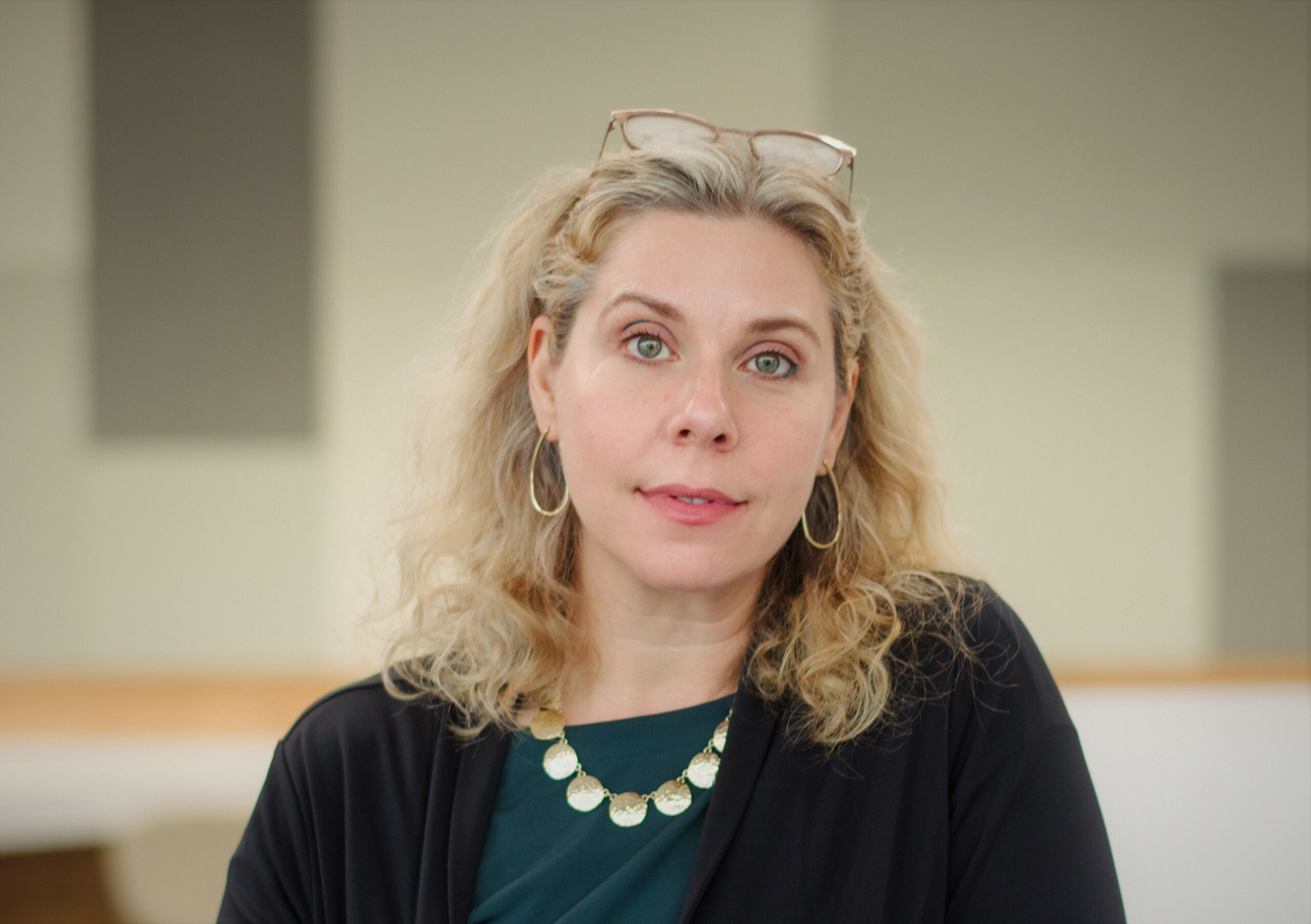Universities have become the frontlines of the American culture wars, with both the political left and right policing which ideas can and cannot be discussed. When a University San Diego (USD) law professor supported an unpopular but credible theory related to the source of COVID-19, the USD administration launched an investigation. At the University of Nebraska, the Board of Regents seriously considered a proposal to oppose “any imposition of critical race theory in [the] curriculum.”
When compared to what’s happening in other parts of the world, these skirmishes might seem silly. Take, for example, Hungary where Prime Minister Viktor Orban orchestrated a takeover of the country’s university system by his own hard-right nationalist party. State authorities around the world routinely use detentions, prosecutions, and laws imposed in the name of national security to restrict scholars’ research, teaching, commentary, and affiliations. In fact, according to the 2020 Free to Think report from Scholars At Risk, in at least 58 countries and territories, scholars and students have been “arrested and/or imprisoned in connection with explicitly academic work, as well as nonviolent expression and activism.”
What is happening on U.S. campuses, however, is not, in fact, silly.
The impulse that makes us shudder at the thought of state police arresting a scholar for expressing opposition to those in power is the same impulse that resists thought policing on the American university campus.
We shudder at both because we recognize, instinctively, the value of liberalism.
Liberalism begins with an underlying respect for the individual. This default respect translates into the political freedom we enjoy within liberal democracies. Political liberalism constrains government and populist impulses that would otherwise choke the freedoms of individuals and minorities who do not hold the reins of power or conform to popular opinion.
That said, liberalism is more than a political apparatus that constrains power. Liberalism is also a sensibility — a default posture of openness — that awakens human curiosity, ingenuity, and creativity.
Liberalism is, in other words, the mother of innovation.
In his 2016 book A Culture of Growth, economic historian Joel Mokyr argues that the astonishing growth in technological innovation Europe experienced in the late 18th century was driven not by material forces like capital accumulation, but by an attitude. It was a peculiar willingness and energy, developed between 1500 and 1700, to understand the natural world and to make productive use of that knowledge.
To our modern ears, this attitude does not seem either peculiar or particularly special. But in a pre-modern world, where state and religious authorities conspired to resist intellectual innovation, it was.
A critical force that helped galvanize liberalism was the Republic of Letters, an international, self-organized group of scholars, scientists, philosophers, engineers, and literary figures that operated outside the halls of state and religious authority. Mokyr argues that this community was essential to driving a culture of innovation. He writes, “One common denominator that most citizens of the Republic of Letters (otherwise a diverse and fractious lot) shared was that they recognized their enemies, the opponents of new ideas and pluralism.”
This common denominator is part of what I call “the liberal sensibility.” It is an attitude marked by intellectual openness and humility, a healthy skepticism of top-down control, an impulse toward toleration, and a default posture of optimism in the face of change.
Cultural explanations of social transformation are admittedly harder to track than material explanations. It is easy to count miles of railroad, machines patented, and dollars invested. When it comes to attitude the task is more difficult, but Mokyr and economic historian Deirdre McCloskey have examined leaps of innovation and found, in each one, creative minds pursuing knowledge in a context of openness. Indeed, McCloskey showed liberal attitudes, not quantifiable additions to the capital stock, drove the 3,000 percent increase in material abundance the world has experienced over the last two-and-a-half centuries.
As McCloskey writes in Why Liberalism Works, “The liberal plan gave voice and permission to the Ben Franklins and Isambard Kingdom Brunels and Nikola Teslas and Albert Einsteins and Coco Chanels and Willa Cathers, otherwise mute and inglorious, to innovate.”
The liberal sensibility that welcomes dissent is a key cultural feature of the open university. Any university deserving the label must be, fundamentally, a space of contestation — a space where ideas can be tested, rejected, improved, and tested again. Without a culture of contestation, innovation dies. A commitment to openness does not mean that scholars will relitigate every well-established conclusion at every turn. Every scholar knows that she only has so many days on earth. Any scholar worth her salt will focus on the questions and challenges that matter. But the possibility of dissent and reexamination must remain; otherwise we foreclose the possibility of a future Galileo challenging an established dogma.
What can we do to preserve the liberal sensibility that drives the American spirit of innovation and discovery?
First, we can recognize the bigger implications of either side policing intellectual thought. It’s not about who will win the latest round in the campus culture war. There are scholars around the world who put their lives — and the lives of their families — at risk to defend the liberal principle of free thought. As a matter of basic decency, we owe it to them to honor that principle here at home.
Second, we can reignite enthusiasm for American higher education as a decidedly liberal project. We can draw together scholars who have a shared commitment to the liberal principles of the open university, and a shared interest in addressing the key challenges shaping the 21st century, even as we disagree about the remedies. In our conversations and collaborations — even, yes, in our disagreements — we might find ideas that pull the world forward.
This viewpoint is part of an ongoing series, Driving Discovery. In this series we amplify the voices of a diverse group of scholars, nonprofit leaders, and advocates who offer unique perspectives on how openness drives human progress.
Emily Chamlee-Wright is the president and CEO of the Institute for Humane Studies. Prior to joining IHS she served as the Provost and Dean of the College at Washington College, and was previously the Elbert H. Neese Professor of Economics and associate dean at Beloit College.











